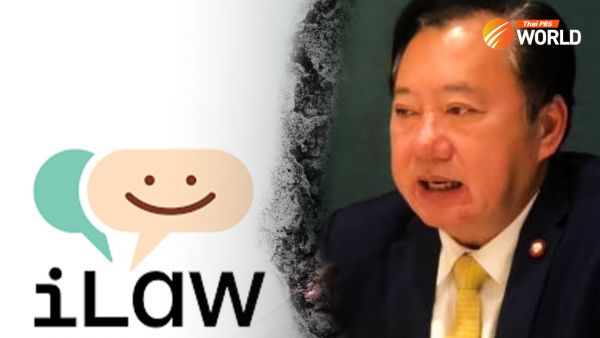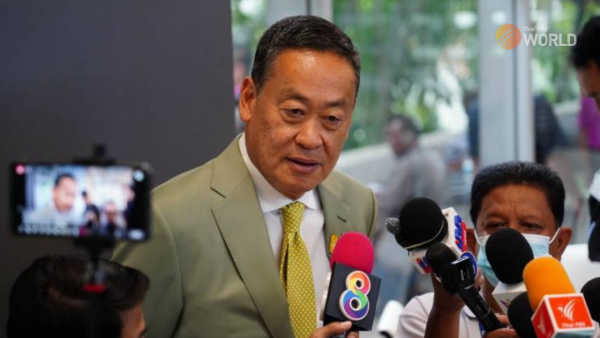China-US relations during the electoral cycle

No one will know who will become the 47th president of the United States until November 5 after the votes have been counted. What is clear, however, is the growing anxiety of all countries, big or small, about the prospects for the newly elected leader.
At this juncture, it seems certain that the incumbent Joe Biden will represent the Democrats and the convicted Donald Trump will stand for the Republicans.
While both candidates have different domestic and world views, where they differ the most is in their approach and engagement with the international community, especially towards other major powers including China, Russia, and Europe.
In the previous presidential election, China-US relations were a key issue used by both sides to garner votes. In the American political arena, creating enemies that the US must be able to subdue is imperative; otherwise, America would not be able to preserve its status as the global leader.
After the San Francisco meeting, President Biden and his Chinese counterpart Xi Jinping were able to hold face-to-face dialogue and establish myriads of cooperative frameworks, which can serve as a stabilizer in their relations for years to come.
But the problem is, as the presidential election draws near, American politicians often resort to old habits of attacking foreign opponents. For Biden, the implementation of mutual pledges has been sluggish.
With the ongoing war between Russia and Ukraine as well as the Israel-Palestine conflict, the two superpowers must come together and help to ease tensions and if possible, contribute to any peaceful solution. One thing they should not do is to add fuel to the fire.
Reading media reports these days about the American political situation, one can easily spot a similar pattern of blaming foreign countries for all the ills that the US is now facing such as immigration, security, unemployment, and narcotics. Apart from Russia, China is another country that has been mentioned frequently as a scapegoat.
It is still fortunate that as far as mainland Southeast Asia is concerned, both superpowers can still serve as stabilizers for peace. For instance, the situation in Myanmar would need the superpowers’ support and understanding.
The region has tried to avoid a proxy war inside Myanmar. ASEAN has also been trying to implement its peace plan, known as the five-point consensus, but for the time being, the process is sluggish due to the situation on the ground where the conflicting parties continue to fight.
But under the Lao chair, there has been some progress in pushing forward through a humanitarian assistance plan along the Thailand-Myanmar border.
By the middle of next month, Thailand’s initiative on the pilot villages project opposite Mae Sot in Tak province will kick off. It remains to be seen how effectively the designed areas channel assistance to all affected villages, comprising approximately 20,000 persons.
Now the two countries’ non-government organizations including their home-based Red Cross Societies are preparing for the distribution, which will be assisted and monitored by the ASEAN Coordinating Center for Humanitarian Assistance and Disaster Management (AHA).
During his recent visit to Washington, Deputy Prime Minister and Foreign Minister Parnpree Bahiddha-Nukara held talks with his American counterpart, Antony Blinken.
He said the US supports the Thai initiative to provide humanitarian assistance to victims of conflicts inside Myanmar. Parnpree later added that other ASEAN dialogue partners including the US, China, and others could later contribute to the relief plan.
by Kavi Chongkittavorn






